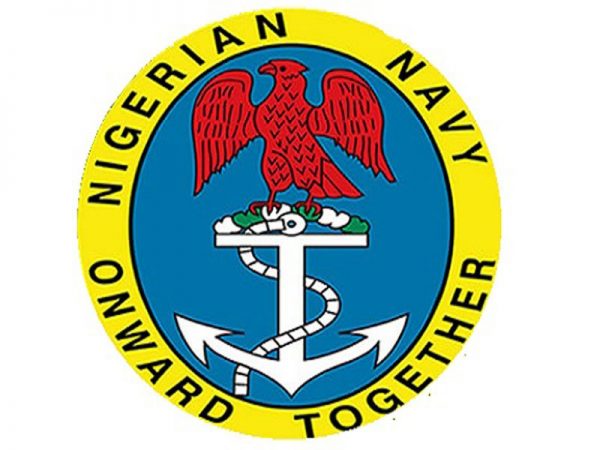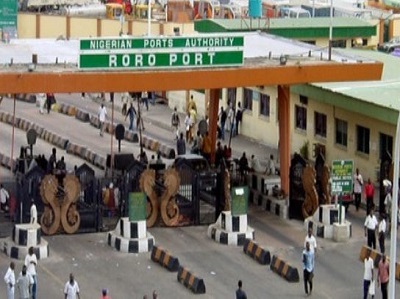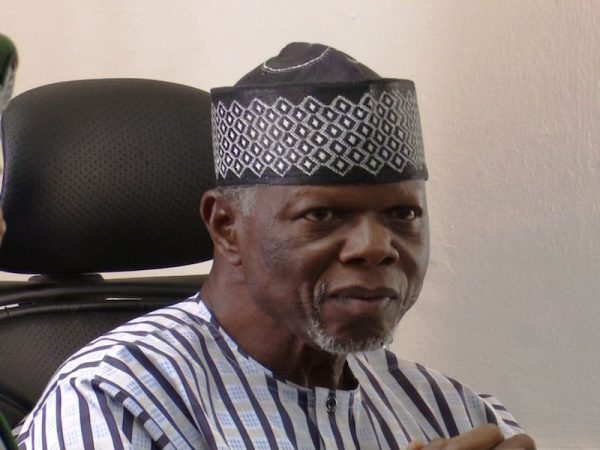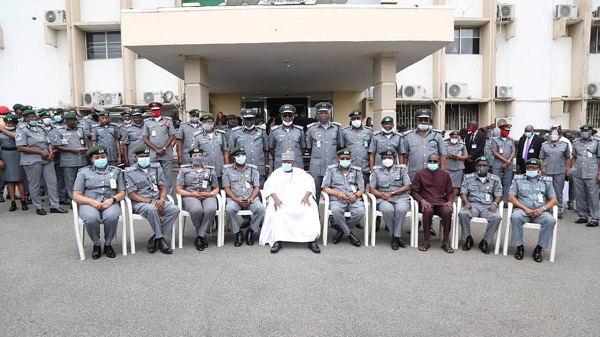Reps order probe of Navy’s $195.3m equipment contract to foreign firm
The House of Representatives has mandated its Committee on Navy to investigate whether the Deep Blue contract agreement is in line with extant laws and regulations, and the standards of all platforms purchased for the Nigerian Navy to “determine whether they are according to specifications”.
The committee is also to determine the actual amount of money spent by the Federal Government on the Deep Blue contract and “any other matter” relating to the contract.
The panel is to report back within eight weeks for further legislative action.
A member of the House, Benjamin Kalu, had at the plenary on Wednesday moved a motion to call for the investigation, titled ‘Need to investigate the “Deep Blue” contract to HSL International Limited’.
The President, Major General Muhammadu Buhari (retd.), had on June 11, 2021, inaugurated the Integrated National Security and Waterways Protection Infrastructure in Nigeria, also called the Deep Blue Project, at the ENL Terminal, Apapa Port, Lagos State.
Kalu recalled that the Federal Ministry of Transportation, on July 27, 2017, and on behalf of the Federal Government, entered into a contract, known as the ‘Deep Blue’ contract of $195,300,000 (N59,839,930,000), with a foreign private company, HLS International Limited, for the supply of certain security and surveillance equipment and systems.
According to him, HLSI was also to establish the Integrated National Coastal Surveillance and Waterways Protection Solutions, with command and control of infrastructure in the nation’s territorial waters.
He said in addition to the contract sum of $195,300,000, the Nigerian Maritime Administration and Safety Agency agreed to pay $19,530,000 to HLSI as ‘management training consideration’.
He said according to Appendix 4 of the agreement, both sums would be paid in monthly instalments over a period of 36 months from July 2017 to June 2020, as further payments were also made as of July 2017 to date.
Citing Section 80(3) and (4) of the Constitution, the lawmaker described the National Assembly as the only body constitutionally allowed to authorise any expenditure from all public funds of the federation.
Kalu said the National Assembly “has neither authorised nor appropriated any monies for the Deep Blue contract or any monthly expenditure, according to the foregoing payment schedule.”
He recalled that the 8th House investigated the Deep Blue contract, following petitions from civil groups that it was fraught with sharp practices.
He also noted that in March 2018, the Committee on Public Petitions recommended an outright termination of the contract for violating appropriation laws, as it was not in the national budget.
He said, “The Deep Blue contract has since its execution attracted public outcry regarding the grave national security implications of ceding the patrol of waterways from the statutory duties of the Navy to a private foreign firm, thereby undermining national sovereignty and security, following which President Muhammadu Buhari terminated the contract in2018.”
“The House is concerned that despite the foregoing, the Deep Blue contract has remained illicitly financed with monies neither appropriated nor authorised by the National Assembly.
“The House is worried by allegations that the Deep Blue contract has remained serviced, using monies diverted from the Cabotage Vessel Financing Fund, which was established by the Coastal and Inland Shipping (Cabotage) Act as a fund strictly for the purpose of providing financial assistance to Nigeria operators to develop indigenous ship acquisition capacity in domestic coastal shipping; and which, by Sections 42, 44 and 45 of the Cabotage Act, can only be administered under the ministry’s guidelines approved by the National Assembly solely for Nigerian beneficiary.
“The House is also worried that the payment of N59,839,930,000 made to the foreign company to secure and survey our coastal waterways is astronomically higher than the annual capital expenditure budget of the Nigerian Navy, which was N27.2bn in 2019; N20bn in 2020; N26bn in 2021and approved the proposal of N27bn in 2022.
“The House is disturbed by allegations that HLSI has purchased more security surveillance equipment that was not in theoriginal contract, thereby covertly using funds meant for the benefit of Nigeria and Nigerians to finance the security acquisitions of a foreign entity.”








